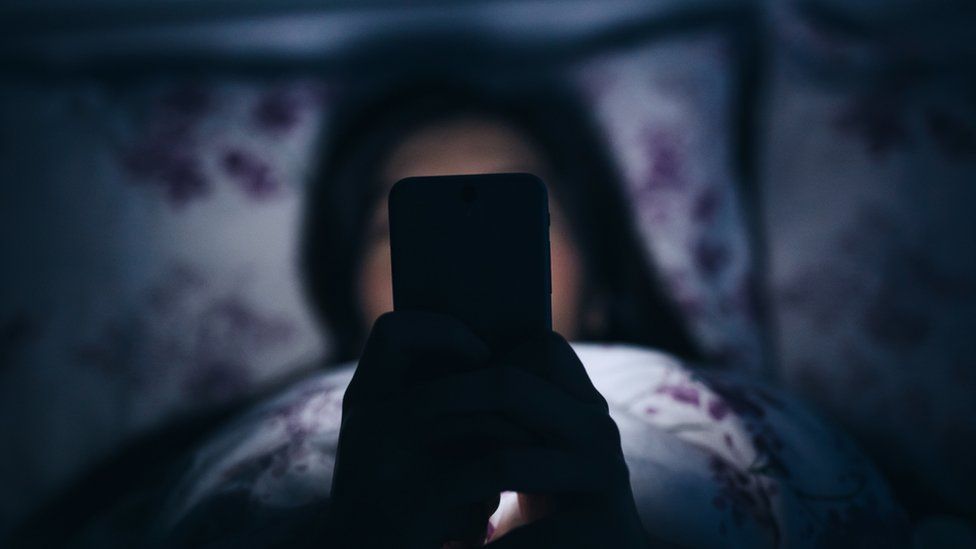-

-
-
Loading

Loading

Digital addictions are not officially recognized as medical conditions by the NHS or the World Health Organization (WHO), but many individuals struggle with excessive internet use. The BBC interviewed three people who are part of a 12-step program for internet addicts. Sophia, a 19-year-old, shared her experience of spending a decade addicted to technology. She described feeling lonely and isolated as a child in Oxfordshire, and her devices became her companions. Even when she quit social media at the age of 15, her compulsive behavior continued. Sophia turned to self-help content, watching over 10,000 videos related to making money and self-improvement each day. The consequences of her addiction were severe. Sophia's relationships suffered, her academics declined, and she experienced suicidal thoughts. In 2023, she sought help at Internet and Technology Addicts Anonymous (ITAA), a recovery program modeled after Alcoholics Anonymous. ITAA, formed in 2017, provides support through one-on-one sponsorships, in-person meetings, and online support groups. It addresses a range of digital addictions, including social media, video streaming, online news, dating sites, pornography, gaming, and online research. In the UK, there are only two in-person support groups, with a third soon to be established in Manchester. Abby and Maggie, two other ITAA members, shared their stories of addiction. Abby became addicted to streaming services during her university studies, neglecting basic needs like eating and sleeping. Maggie referred to the internet as her "drug of choice" and experienced longer and longer periods of binge-watching videos. When seeking help, the three individuals found little support from GPs, mental health services, or stress management courses. In desperation, Maggie even attended a Narcotics Anonymous meeting, as she found similarities between drug addiction and her own addiction to YouTube. While digital addictions are not officially recognized, experts acknowledge that many individuals struggle with compulsive internet use. John McAlaney, a psychology professor, stated that it can be challenging to provide a precise diagnosis, but medical professionals recognize when someone has an issue. The Priory, the UK's largest provider of mental health services, reported a significant increase in inquiries about gaming, internet, social media, gambling, and porn addictions between 2020 and 2023. Despite the lack of official recognition, Sophia, Abby, and Maggie found help through ITAA meetings, both online and in-person. They attribute these meetings to life-changing experiences. Abby and Maggie even formed an in-person support group in Oxford as part of ITAA's mission to support internet and technology addicts. Their journeys to recovery involve different strategies. Abby has completely abstained from video sites and TV, Maggie uses library computers for online access, and Sophia relies on her sponsor to monitor her internet use. While still in the early stages of recovery, these individuals hope to regain control over their lives and overcome their digital addictions. ITAA has provided them with a community of support and understanding throughout their journey.